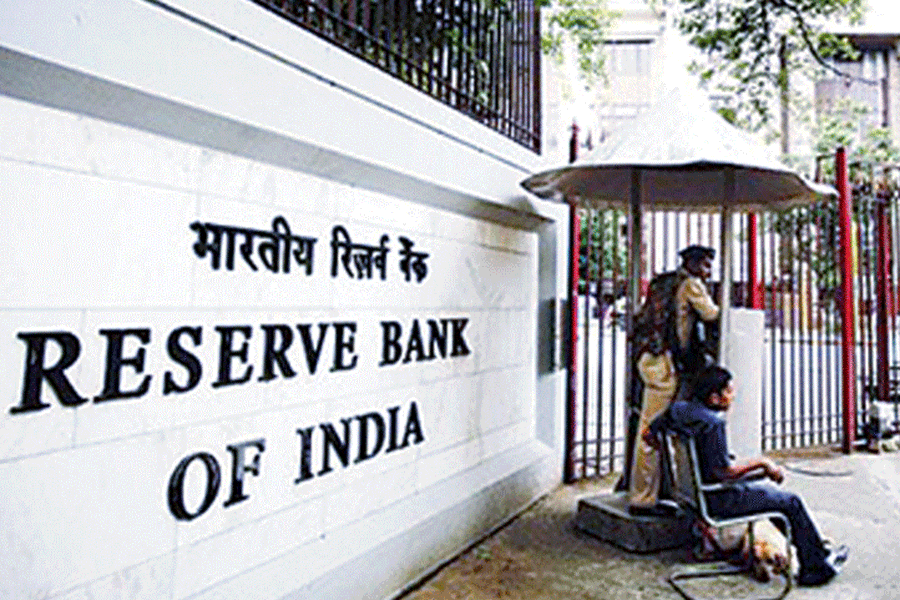Small finance banks (SFBs) have been told that they can transform into universal banks if they meet the qualifying criteria.
The Reserve Bank of India (RBI) has said SFBs with the ambition to scale up operations can apply for the requisite approvals through the on-tap licensing window.
Currently, there are 11 SFBs (there were 12 before the merger of AU Small Finance Bank and Fincare Small Finance Bank) that have been licensed by the RBI. Of these, eight are listed on the bourses.
The SFBs have been pressing for the right to become universal banks now that they have completed five years of operation.
According to the RBI’s guidelines with regard to on-tap licensing of universal banks, SFBs can aspire to become universal banks if they have a satisfactory track record of performance over a minimum period of five years. Financial inclusion is one of the key objectives of SFBs and they have to disburse 75 per cent of their adjusted net bank credit to the priority sector. In the case of commercial banks, the priority sector lending target is capped at 40 per cent.
Inviting applications for the transformation into universal banks, the RBI said the SFBs need to have a minimum net worth of ₹1,000 crore at the end of the previous quarter (audited). Further, shares of the bank should have been listed on a recognised bourse.
It should also have a net profit in the last two financial years and gross non-performing assets (GNPA) and net non performing assets (NNPA) of less than or equal to 3 per cent and 1 per cent, respectively, in the last two financial years.
The RBI added that SFB should also meet their prescribed capital adequacy ratio (the current regulatory requirement is 15 per cent) and have a satisfactory track record of performance over a minimum period of five years.
“There is no mandatory requirement for an eligible SFB to have an identified promoter,” the RBI said. “However, the existing promoters of the eligible SFB, if any, shall continue as the promoters on the transition to universal bank.”
The SFB will not be permitted to induct new promoters or change its promoter during the transition period.










